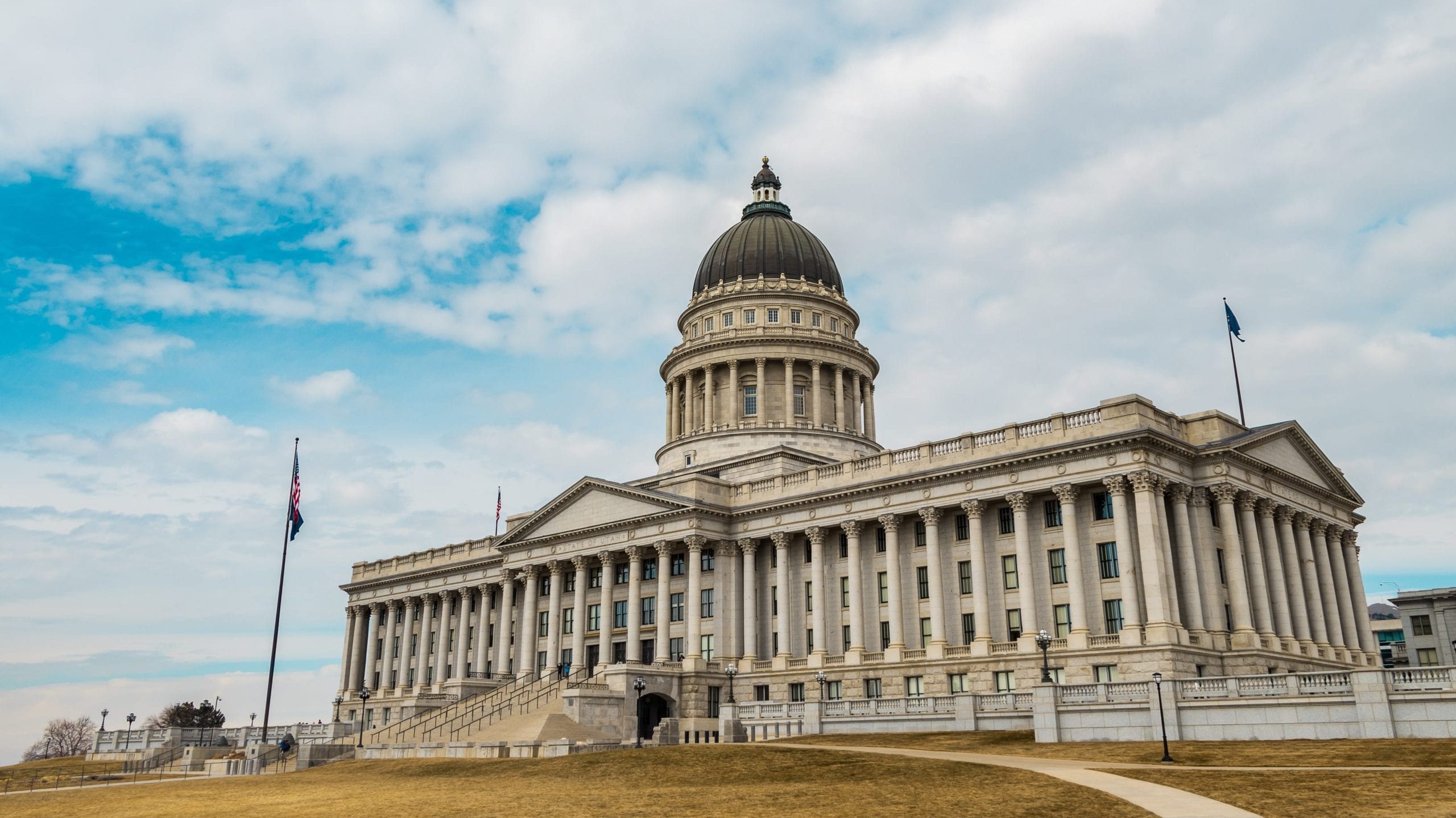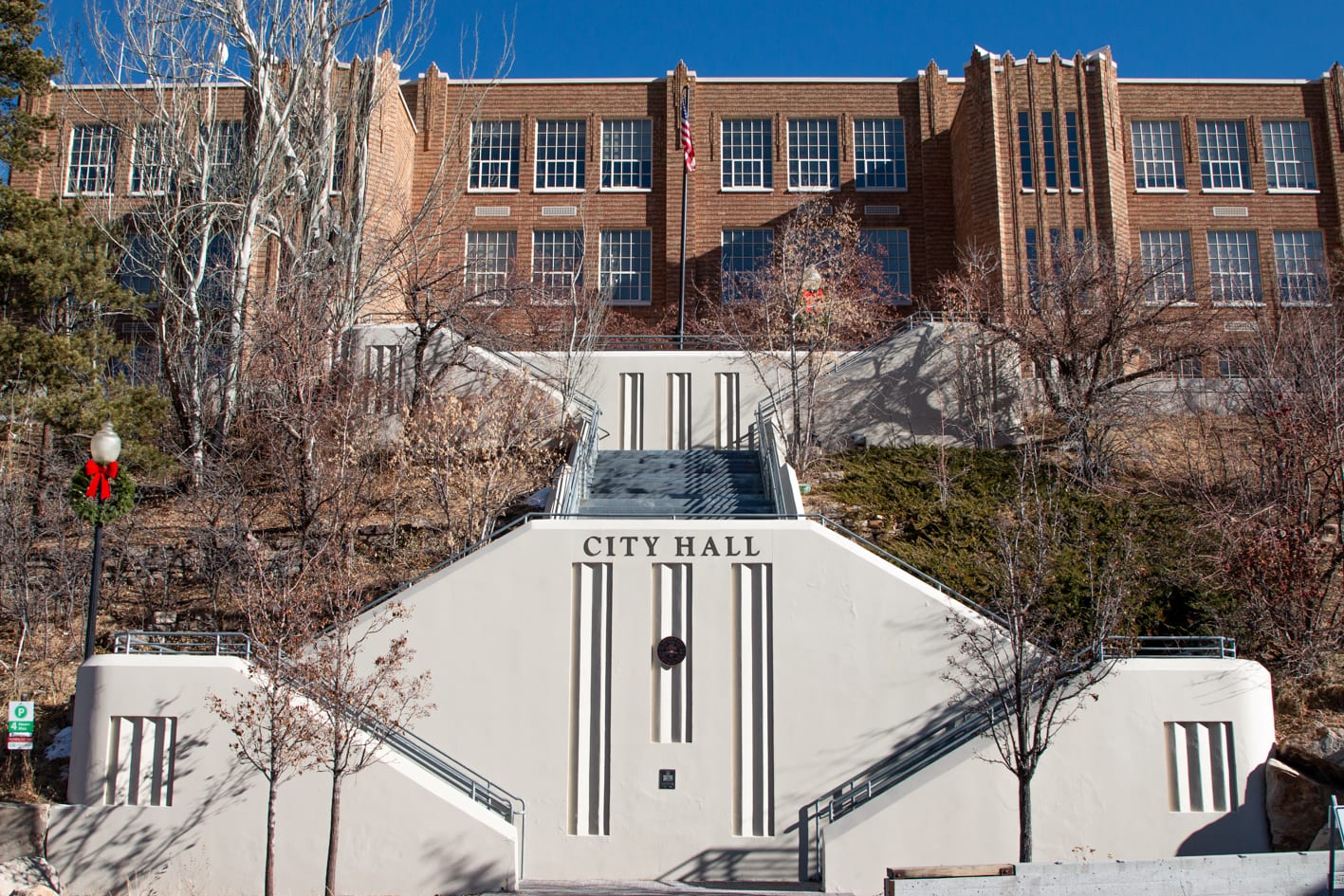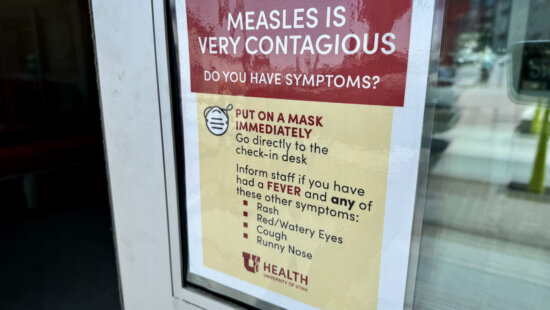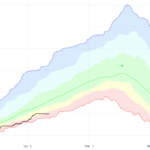Environment
Summit County to host speaker series on environmental and human health
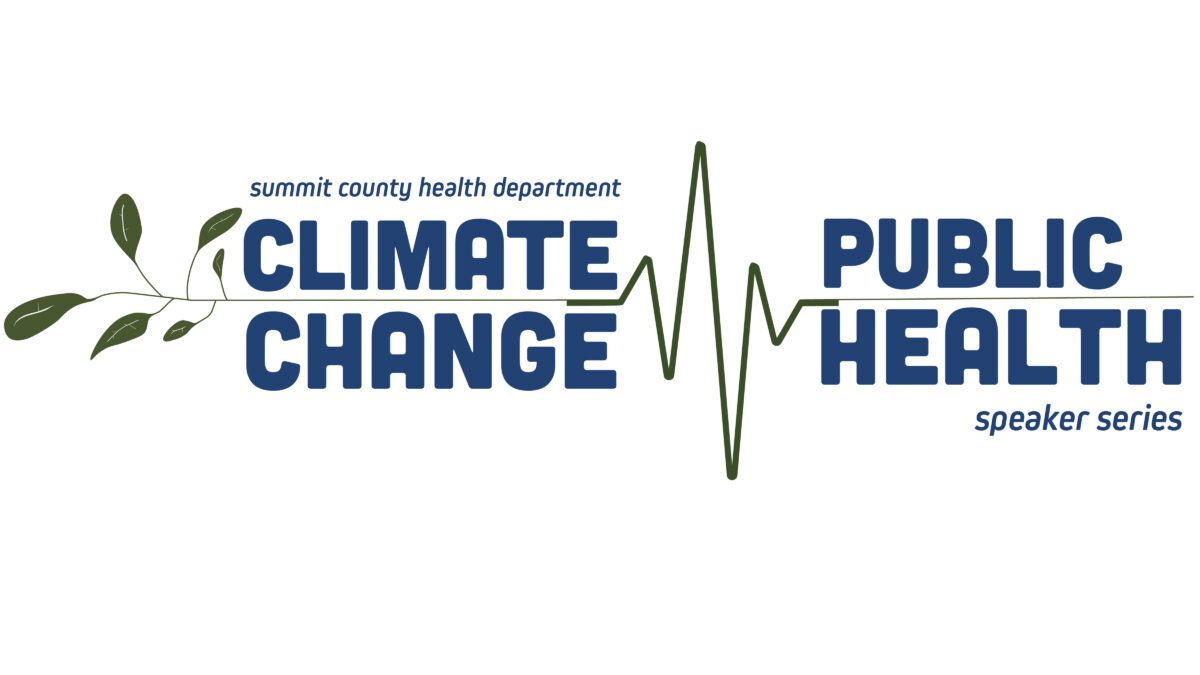
The Summit County Health Department is hosting a Climate Change and Public Health Speaker Series. Photo: Courtesy of Summit County Health Department.
SUMMIT COUNTY — The impact of climate change is becoming increasingly apparent, with many of the more obvious effects being an increase in wildfires, stronger tropical storms, sea ice decline, ocean acidification, prolonged periods of drought, and many others.
Beyond the initial layer of more high-profile, easy-to-point too effects, it can be harder to spot. These less visible challenges further the need for dialogue and conversation to understand what is occurring and how it might affect us as humans in our day-to-day lives. To foster community conversation, Summit County Health is hosting a Climate Change and Public Health Speaker Series.
The first speaker series will focus on the connection between environmental and human health and will take place on May 9 from 5:30 – 7 p.m. at the Blair Education Center, located inside Park City Hospital.
“The goal of the 2023 Summit County Climate Change and Public Health speaker series is to elevate public health as a critical consideration of climate change action in Summit County. With this series, we hope to raise awareness on the local level about the impacts of climate change on environmental, physical, and mental health and to identify possible strategies to enhance community and individual resilience and awareness of the health effects of climate change. We are starting off on May 9 with a focus on environmental health to emphasize that human health and the environment are completely interconnected,” said Emily Quinton, Sustainability Program Manager at Summit County Health.
Four speakers with expertise in different areas of climate change and environmental health will be on the panel, each discussing the inroads between human and environmental health.
Darcy Glenn, a research assistant at Woodwell Climate Research Center, works with municipalities and business investors by providing information with the help of climate modeling on how to adapt to climate change.
Brian McInerney has worked as a senior hydrologist and Climate Change Scientist at National Weather Service Office in Salt Lake City for 30 years. He is now retired but continues to consult with companies and governments on Climate Change.
Ben Abbott, an assistant professor of ecosystem ecology at Brigham Young University. Abbott works on renewable energy, global hydrology, climate feedback, aquatic ecosystems, wildlife, and air quality, while also emphasizing science communication and environmental stewardship.
Matt Yost is an associate professor of plants, soils, and climate at Utah State University. Yost is also the associate department head and an agroclimate extension specialist at USU.
“Our panel brings deep and broad expertise in evaluating climate risk locally, regionally, and nationally. In each of their careers, the panelists are passionate about bringing good science to local residents and decision-makers, whether that is through the USU Extension, like Matt Yost, or through the development of city and county climate risk assessments, like Darcy Glenn,” said Quinton.
“The audience is encouraged to bring questions related to climate change and agriculture, water, forest health, wildfire – and any other topics like these that have strong resonance throughout Summit County. We have challenged the panelists to connect their work to public health in their responses to audience questions at the event. The event will start with a brief presentation, and the panel session will kick off with some questions from our facilitators. Then, we will turn it over to the audience for their questions.”
The series will have two more sessions, with the next focusing on the impacts of climate change on physical and mental health, happening in late summer, and the final session, focused on a community solutions conversation, in late fall.
Attendees can register here or at the Summit County website to attend the event.
















